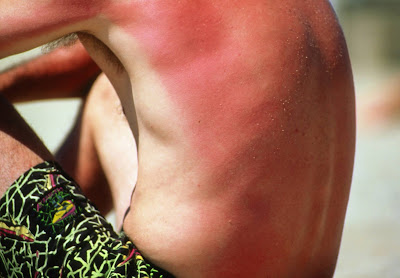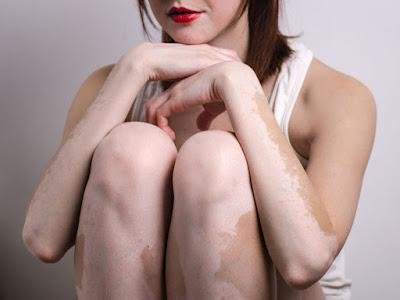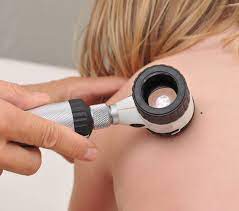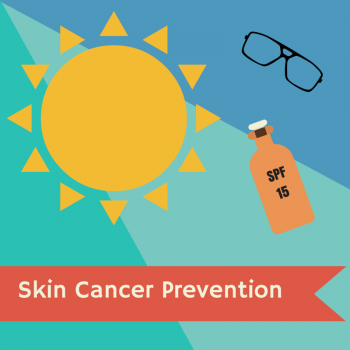What changes within the skin occur due to exposure to the sun?
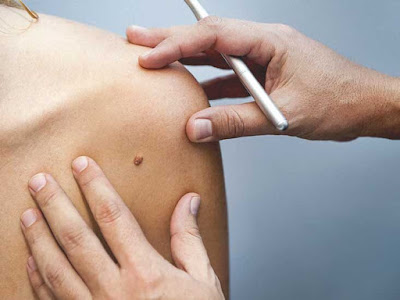
Exposure to the sun causes wrinkles and age spots on our faces. People think a glowing complexion means fitness and good health. However, skin coloration obtained from remain in the sun exposure can speed up the effects of aging and increase the hazard of growing skin cancers. Sun exposure is one of the main reasons for skin modifications that we think of as a normal part of aging. Over the years, the sun's ultraviolet (UV) rays damage the fibers in the skin, known as elastin. When these fibers destroy, the skin starts to sag, stretch, and lose its capability to go back into its original position after stretching. The skin additionally bruises and tears more easily and taking longer to heal. So sun harm to the skin may not be apparent while you're younger; it will show later in life. The sun also can cause troubles on your eyes, eyelids, and the skin across the eyes. Adjustments in the skin associated with sun exposure: Precancerous (actinic keratosis) and cancerous (basal c...
